

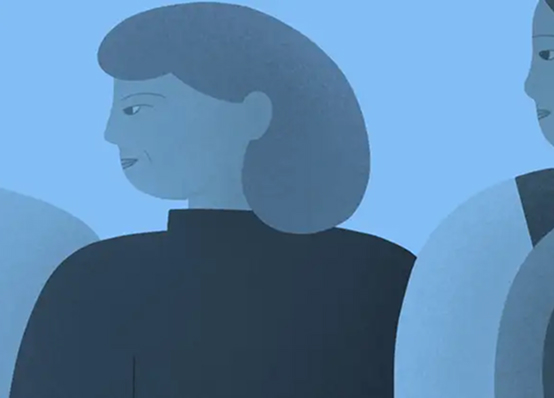
Research Report “Integration and Adult Learning in Denmark”
Explores how Danish adult education institutions address multicultural classrooms, focusing on inclusion of migrants and refugees.

Podcast “Working with the Danish” featuring Annette Dahl
A thoughtful episode where Annette Dahl, a Danish specialist in Cultural Intelligence and Diversity Training, discusses nuances of the Danish work culture and international collaboration.
Covers topics deeply relevant to intercultural communication such as psychological safety, cross-cultural team dynamics, and practical strategies for fostering inclusive dialogue across cultural lines.
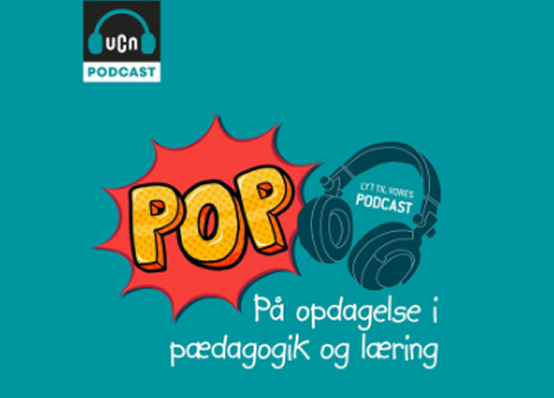
Podcast Series "POP – På opdagelse i pædagogik og læring"
Produced by Professionshøjskolen UCN (University College Nordjylland).
Offers practical insights in Danish, with episodes exploring inclusive teaching, participation, and pedagogical practice in various educational contexts.
For example, Episode 87 (from 25 February) focuses on inclusion at Læsø School, highlighting how limited resources are used creatively to support inclusive practices in a small community.

Centre for Intercultural dialogue – knowledge and tools http://indialog.dk/
Marianne Nøhr Larsen, a noted Danish anthropologist, leads Center for Intercultural Dialogue (Indialog) in Copenhagen.
She offers courses, workshops, and consultancy focusing on intercultural dialogue, especially assisting minority groups such as Greenlanders and Muslims in integration and communication.
Her work illustrates how to honour cultural identities while promoting mutual understanding, a core concept in Module 2.

Podcast: Paths to Inclusion
This podcast series provides real‑world stories on how inclusive teaching is implemented in Danish schools. Two standout episodes:
“Barnets Stemme” – explores including children in decision-making (giving them a voice)—a powerful inclusive strategy.
“Co-teaching” – shows how mainstream and special‑educational teachers collaborate effectively in inclusive classrooms.
Both episodes offer transferable practices that adult educators and institutional managers can adapt to promote learner voice, collaboration, and differentiated teaching in adult settings.
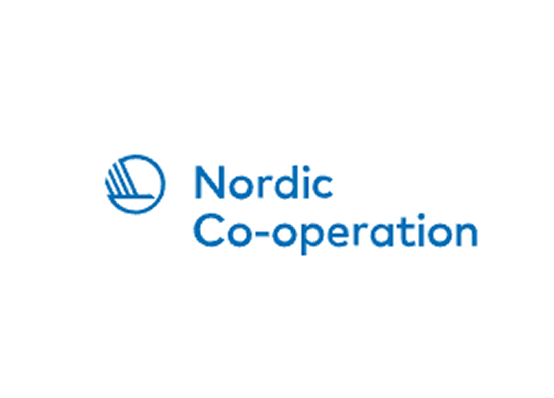
NVL Digital – Inklusion Network (Nordic Network for Adult Learning)
A Danish-connected initiative under the Nordic Network for Adult Learning (NVL). It focuses on reducing digital exclusion among adult learners in Denmark and across the Nordics.
Offers a range of articles, reports, toolkits, and policy briefs centred on inclusive design and access to digital learning.
Example resource: “5 policy-anbefalinger til digital inklusion” five policy recommendations to support inclusive digital learning.
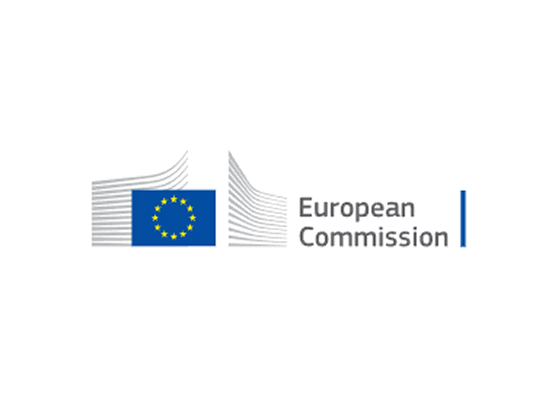
Blog Article: “Education and Training for Refugees and Migrants in Denmark” (EPALE)
Type: Policy-focused blog post (2019)
Highlights Denmark’s well-established system to support migrants and refugees, combining national and municipal efforts to integrate them into formal and non-formal education. Emphasises the importance of coordination between educational providers, welfare services, labour markets, and civil society—mirroring Module 5’s goals of holistic support and effective signposting.
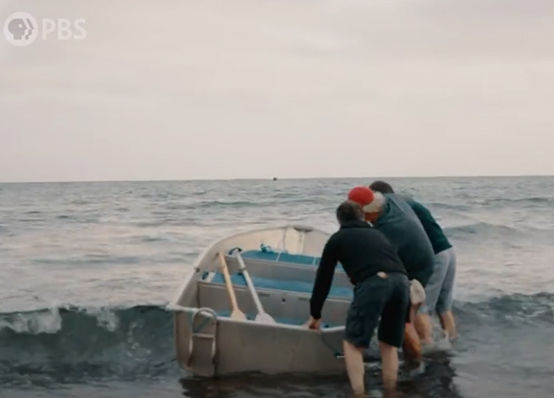
Video; How Social Gastronomy is Empowering Communities in Denmark
What it covers: Explores a Danish initiative where local food (gastronomy) projects do more than feed—they bring vulnerable groups together through cooking, conversation, and joint purpose. Participants share cultural heritage, build relationships, and feel part of the community.
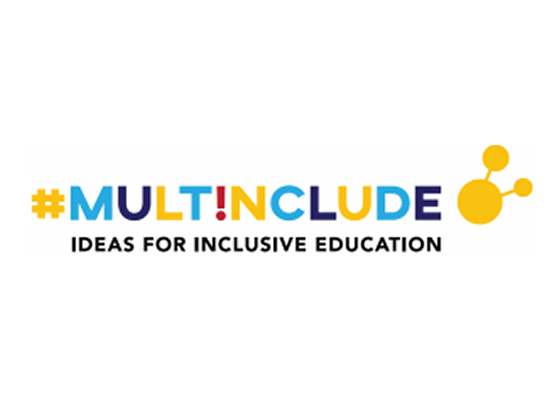
VIA University College – FIF Preparation Course for Refugees and Migrants
This innovative programme, developed by VIA University College, offers a one-year preparatory course (FIF-course) tailored for migrants and refugees. It aims to:
Bridge gaps in access to Danish higher education, especially for those without formal diplomas.
Provide foundational learning in Danish society, culture, and academic competencies necessary for admission.
Offer personalised support during application processes, including validation of prior learning.
Empower participants by navigating the complex Danish education system.

Capacity Building: Understanding the Concept
Video covering the history and function of Capacity Building. It covers the basic steps and methodology.
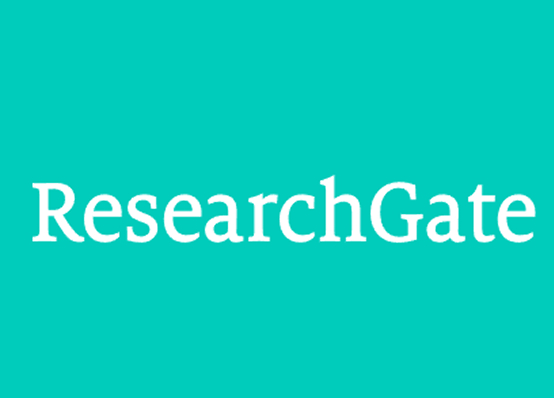
The Challenges and Prospects of Intercultural Adult Education
This article aims to navigate the challenges in adult education. It explores and suggests possible solutions.
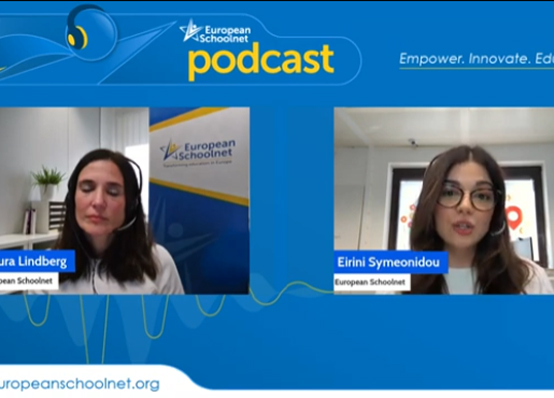
European Schoolnet Podcast Episode 10: Inclusive Digital Education and Digital Robots
In this episode, a discussion on making sure digital transformation benefits every student. AI social robots are explored in supporting students and creating more inclusive classrooms.
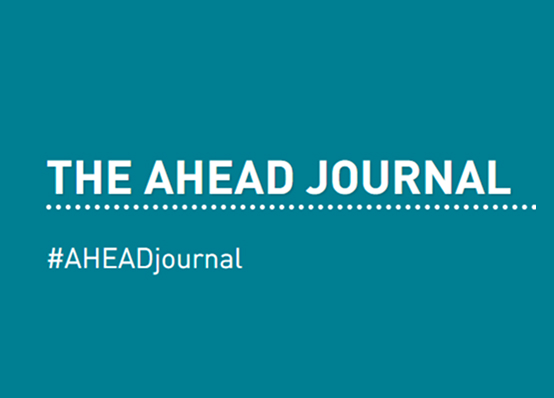
Levelling the Playing Field: Implementing Game-Based Learning and Gamification as a Model of Inclusive Pedagogy in the Further Education and Training Sector
Lisa Brennan, a Waterford Wexford FET Teacher, discusses key attributes that align game-based learning and gamification with Inclusive pedagogy. She feels games will increase the confidence and skills of learners.

International Journal of Sustainability in Higher Education: Towards a European Framework For Community Engagement in Higher Education
Examines the development and piloting of an European framework for community engagement in higher education designed to progress community engagement in the agenda of the European context. The reader is introduced to the methodology, the findings, and the value of the framework.
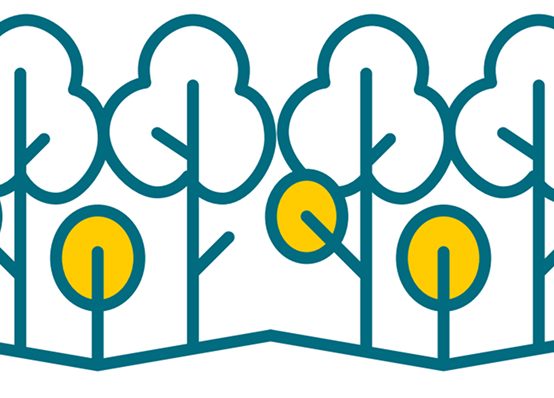
OUTREACH AND ACCESS IN ADULT LEARNING: ACCESS IN RURAL AREAS
Adult education can play a fundamental role in tackling many of the growing inequalities in Europe. By improving wellbeing, self confidence, social inclusion, as well as employability and economic conditions, adult education can decisively contribute to building communities that would reflect social justice, cohesion, solidarity, and provide equal opportunities for all of its citizens. That, however, is dependent on participation, and especially from those who could benefit most from developing their skills. Those least likely to access adult education are often the ones that need it most.
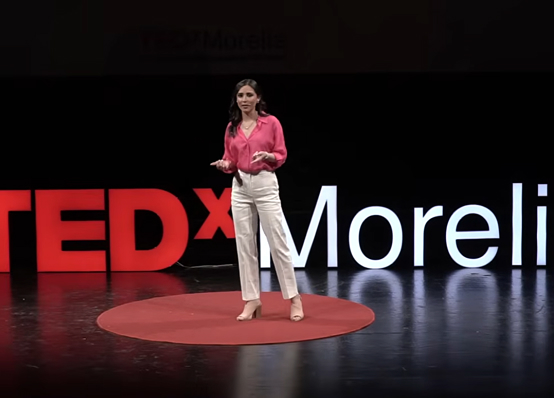
Communication and Empathy... Your Ability to Inspire | Leonora Vega | TEDxMorelia I Youtubevideo
Leonora’s TEDx talk highlights the power of empathy, diversity, and communication, showing how small actions can inspire others and build more inclusive communities through those capacities and abilities.

Representation and diversity in communication channels (EP #159 | Representación y diversidad en los medios de comunicación | NegraComoYo Podcast)
In this episode of the Spanish podcast "Negra Como Yo”, the host talks about the importance of the representation of all perspectives in the media. The viewer is also invited to question what they see in digital media and how more representation and diversity in content can be demanded.

Why does UNESCO consider digital innovation in education important?
In this UNESCO article, it is explained how digital technologies are vital for inclusive, quality education, promoting digital literacy, open resources, and human-centred policies.

Inclusion and Education: Everyone, Without Exception (Inclusión y educación: Todos y todas sin excepción)
UNESCO’s 2020 global report, in Spanish, examining barriers to inclusive education worldwide. It presents data, case studies and policy recommendations on ensuring that all learners, including in Spain, can access quality education without discrimination.
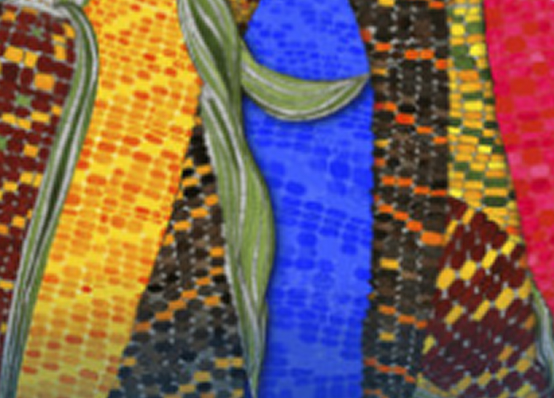
Who Shapes Migrant Culture in Spain? (¿Quiénes hacen la cultura migrante en España?)
In this episode of the Spanish-language podcast Escucha Migrante, three women (an artist, a co-operative manager and a cultural organise) discuss their experiences of creating migrant culture in Spain. It highlights their motivations, challenges and the impact on local communities.
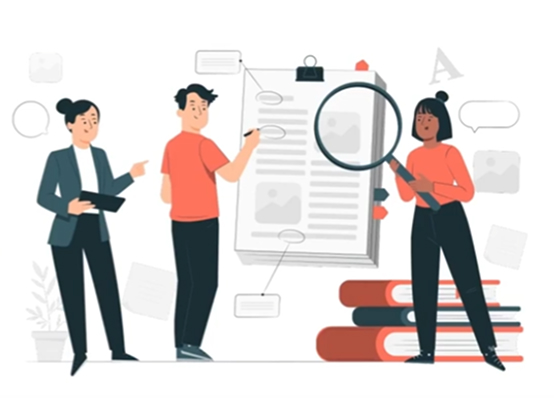
Teaching Spanish to Immigrants – University of León Webinar (La enseñanza de español a inmigrantes – Universidad de León)
A Spanish-language recorded webinar from the University of León presenting practical strategies for teaching Spanish to adult immigrants. It explores interactive approaches, cultural sensitivity and tools for supporting communication and integration.
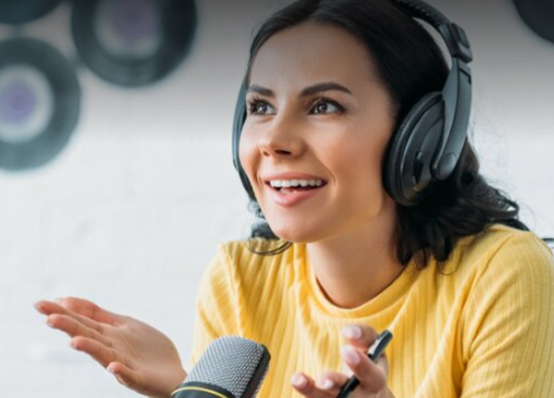
ViS-podden is a Swedish podcast series on adult education issues, produced by the organisation Vuxenutbildning i Samverkan (Adult Education in Collaboration).
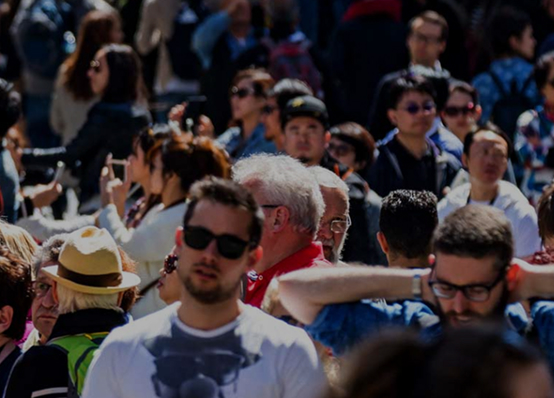
The Institute for Language and Folklore (Institutet för språk och folkminnen) is a Swedish government agency that collect, build up and disseminate knowledge about language and culture in multilingual Sweden. Among other things, they provide guidance on multilingualism in public services, produces reports and other publications on multilingualism and knowledge bank about multilingualism in Sweden and around the world.
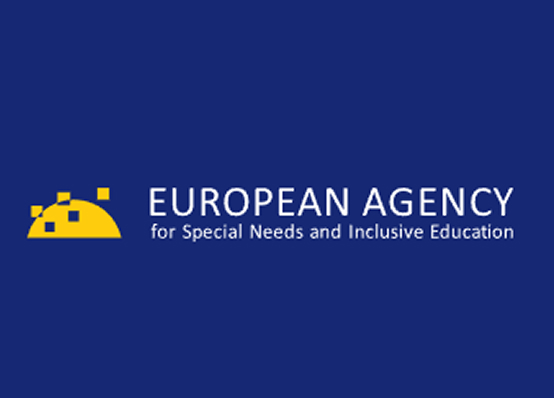
the European Agency for Special Needs and Inclusive Education (EASNIE) have made desk research on inclusive digital education based on literature (2016–2021). This research, among other relevant information, are available on the agency’s website.
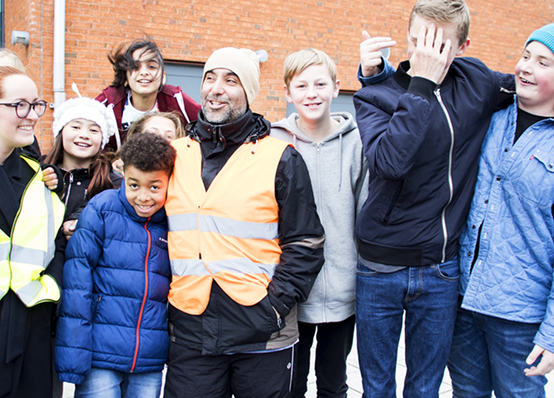
The National Agency for Education (Skolverket) is the central administrative authority for the public school system in Sweden, publicly organised preschooling, school-age childcare and for adult education. They provide resources to schools and teachers and publishes research articles. One example are articles on multilingualism as a resource for all ages:
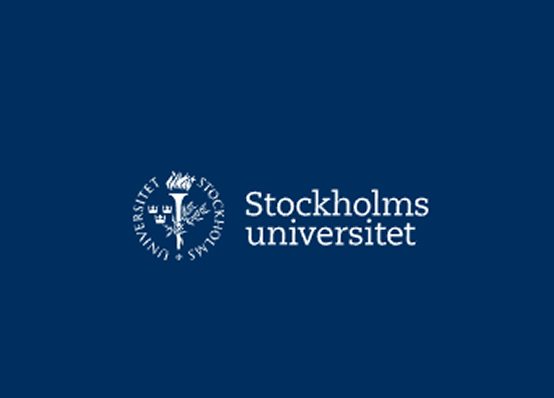
The Swedish National Center for Swedish as a second language that provides that in one way or another concerns Swedish as a second language and multilingual students' learning from preschool to adult education:
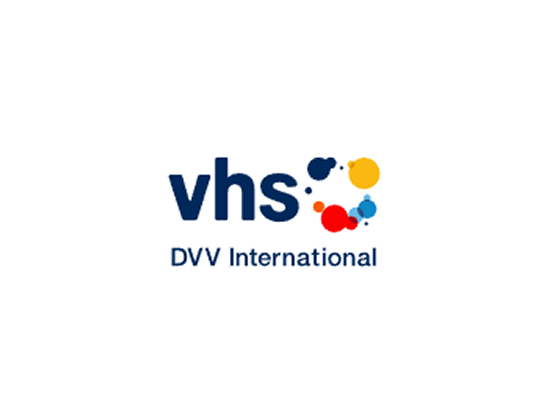
Resource: Curriculum globALE
Description: A cross-cultural core curriculum developed by the German Adult Education Association (DVV) and partners. It describes the key competencies adult educators need to lead inclusive, effective courses. Provides a five-module blueprint to professionalise adult educators and guide institutions in designing train-the-trainer programmes.
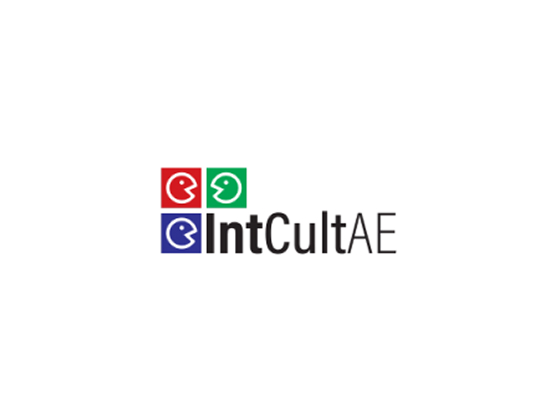
Resource: IntCultAE Project (Intercultural Competences for Adult Educators)
Description: An Erasmus+ project equipping adult educators with tools to thrive in diverse classrooms. Provides an online training course, film-based case scenarios, a workshop guide, and real-world case studies for intercultural skills development.
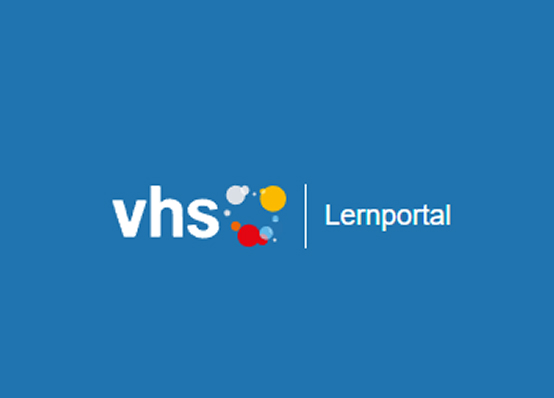
Resource: VHS Lernportal (Free Digital Learning Platform)
Description: A free online portal offering courses in German language, literacy, digital and basic skills. Optimised for blended and mobile learning, available in 18 languages, including offline use.
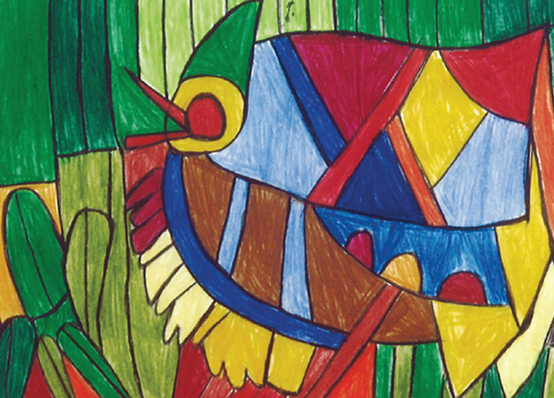
Resource: Towards Inclusive Education
Examples of Good Practices of Inclusive Education- In this publication there are six examples of good practice from different European countries. Among the chosen are good school practices and project presentations supporting inclusive processes through the work of non-governmental organizations.

Resource: Neighbourhood Mothers (Stadtteilmütter) Neukölln
Description: A community outreach programme empowering migrant women as mentors. They support isolated families through home visits and workshops, helping access childcare, schooling, language courses, and health services.
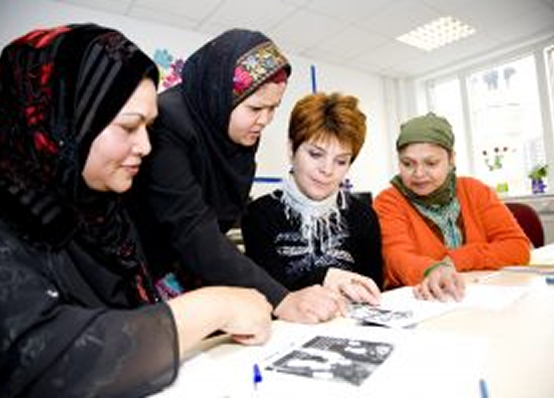
Resource: OED Network Guidelines – Engaging New Learners in Adult Education
Description: Guidelines from the European Outreach, Empowerment, Diversity (OED) network providing strategies to reach disadvantaged adults. Focuses on peer mentors, meeting learners in their own environments, and removing participation barriers.
Link: Influence, involve and train – Manual for practitioners, providers and policy-makers: